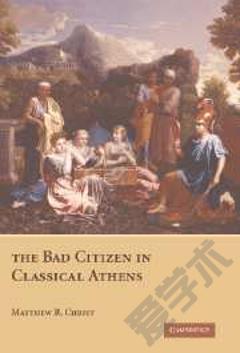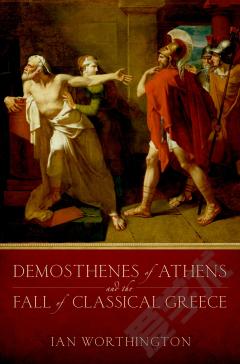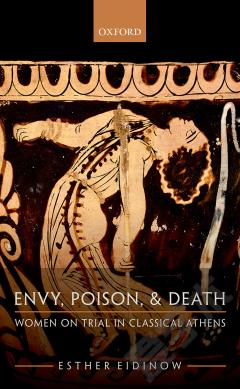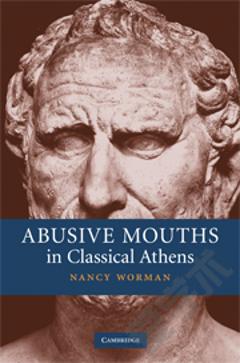The Death of the Maiden in Classical Athens
The present study examines the death of maidens in classical Athens, combining the study of Attic funerary iconography with research on classical Attic maiden burials, funerary inscriptions, tragic plays, as well as the relevant Attic myths. The iconography of funerary reliefs focuses on the idealized image of the deceased maiden, as well as the powerful bonds of love and kinship that unite her with the members of her family, whereas the iconography of vases emphasizes the premature death of the maiden, the pain of loss and mourning felt by her family, as well as the observance of the indispensable funerary rites concerning her burial and ‘tomb cult’. Particularly interesting is the fact that the ‘traditional’ theory according to which the loutrophoros marked the graves of the unmarried dead alone has been proven non valid. The study of classical Attic maiden burials indicates that the prematurely dead maidens were buried as children who didn’t live long enough to reach adulthood. The untimely death of maidens in Attic drama and mythology is beneficial to the family or the city. In great contrast to that, the premature death of real - life Athenian maidens was a terrible disaster for the girls’ families, as well as the polis itself. Despite this, the iconography of dead maidens in classical Athens is in accordance with the ‘image’ of the deceased maidens presented by funerary epigrams, tragedy, and mythology. It has to be noted though, that the same is not true in the case of maiden burials. This Access Archaeology publication presents a special edition of Katia Margariti’s doctoral thesis entitled The Death of the Maiden in Classical Athens. The original thesis was submitted to the Department of History, Archaeology, and Social Anthropology (IAKA) of the University of Thessaly in Volos in 2010. Here the original thesis is augmented by an extensive 63 page summary in English accompanied by the original Greek text, catalogue and illustrations. The thesis contains much valuable analysis and catalogue material and this publication has been produced in order that the work should not be overlooked merely for reasons of language.
{{comment.content}}








 京公网安备 11010802027623号
京公网安备 11010802027623号